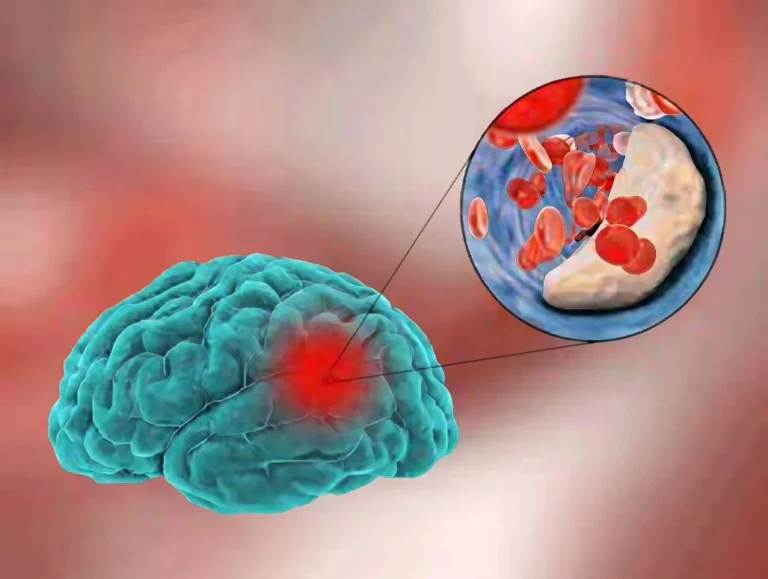
NeoGenomics, Inc. (NASDAQ: NEO), a leader in oncology testing services, has announced the publication of a new study in ESMO Open. The study highlights the potential of circulating tumor DNA (ctDNA) as a tool for monitoring molecular residual disease (MRD) in high-risk melanoma patients. It suggests that ctDNA could help identify disease recurrence at earlier stages, offering a promising approach for improving patient outcomes.
In 2023, melanoma affected more than 100,000 individuals in the United States, with men accounting for 55% of the cases. Locally advanced melanoma is particularly challenging due to its high risk of relapse, with recurrence rates ranging from 39% in stage IIIA to approximately 70% in stage IIIC. To address this issue, a new study, titled “Bespoke ctDNA for Longitudinal Detection of Molecular Residual Disease in High-Risk Melanoma Patients,” was conducted by NeoGenomics in collaboration with researchers from Princess Margaret Hospital at the University of Toronto. The study focused on the use of circulating tumor DNA (ctDNA) to monitor molecular residual disease (MRD) in high-risk melanoma patients.
The study assessed ctDNA in 276 plasma samples collected from 66 melanoma patients. By using NeoGenomics’ next-generation sequencing assay, RaDaR®, researchers were able to detect ctDNA after surgery, revealing that its presence could help identify patients with a worse prognosis. Furthermore, serial ctDNA measurements allowed for the earlier detection of disease recurrence, providing a potential tool for clinicians to make timely and informed treatment decisions.
One of the key innovations of this study is its use of a tumor-informed approach. Unlike many earlier ctDNA studies in melanoma that focused on a narrow spectrum of recurrent driver mutations, such as BRAF and NRAS mutations, this research successfully identified ctDNA in patients whose tumors lacked these mutations. This broader, more inclusive method suggests that ctDNA analysis could be applicable to a wider range of melanoma patients, including those with tumors not characterized by the typical BRAF and NRAS mutations.
Warren Stone, Chief Commercial Officer at NeoGenomics, emphasized the importance of this research in addressing a critical gap in melanoma treatment. “There is an urgent need for dependable biomarkers to define recurrence risk and identify melanoma patients who would benefit most from adjuvant treatment, as no reliable criteria currently exist to guide therapy selection,” he said. “This study highlights the value of ctDNA in addressing this gap and provides a foundation for future research and integration into routine clinical care, aiming to improve patient outcomes.”
This study also paves the way for future applications of ctDNA in melanoma care, particularly for the development of novel therapeutic strategies. One such initiative is the CLEAR-Me trial (NCT06319196), an interception study designed to detect and clear MRD in patients with high-risk melanoma. The trial aims to further investigate how ctDNA monitoring can be utilized to manage the disease more effectively and improve patient outcomes.
NeoGenomics, Inc., a leading cancer diagnostics company, specializes in cancer genetics testing and information services. The company offers one of the most comprehensive oncology-focused testing menus across the cancer continuum, serving oncologists, pathologists, academic centers, hospital systems, and pharmaceutical companies. With a network of CAP-accredited and CLIA-certified laboratories, NeoGenomics provides innovative diagnostic and predictive testing to support the diagnosis and treatment of cancer. Headquartered in Fort Myers, FL, NeoGenomics also operates a CAP-accredited laboratory in Cambridge, UK.




